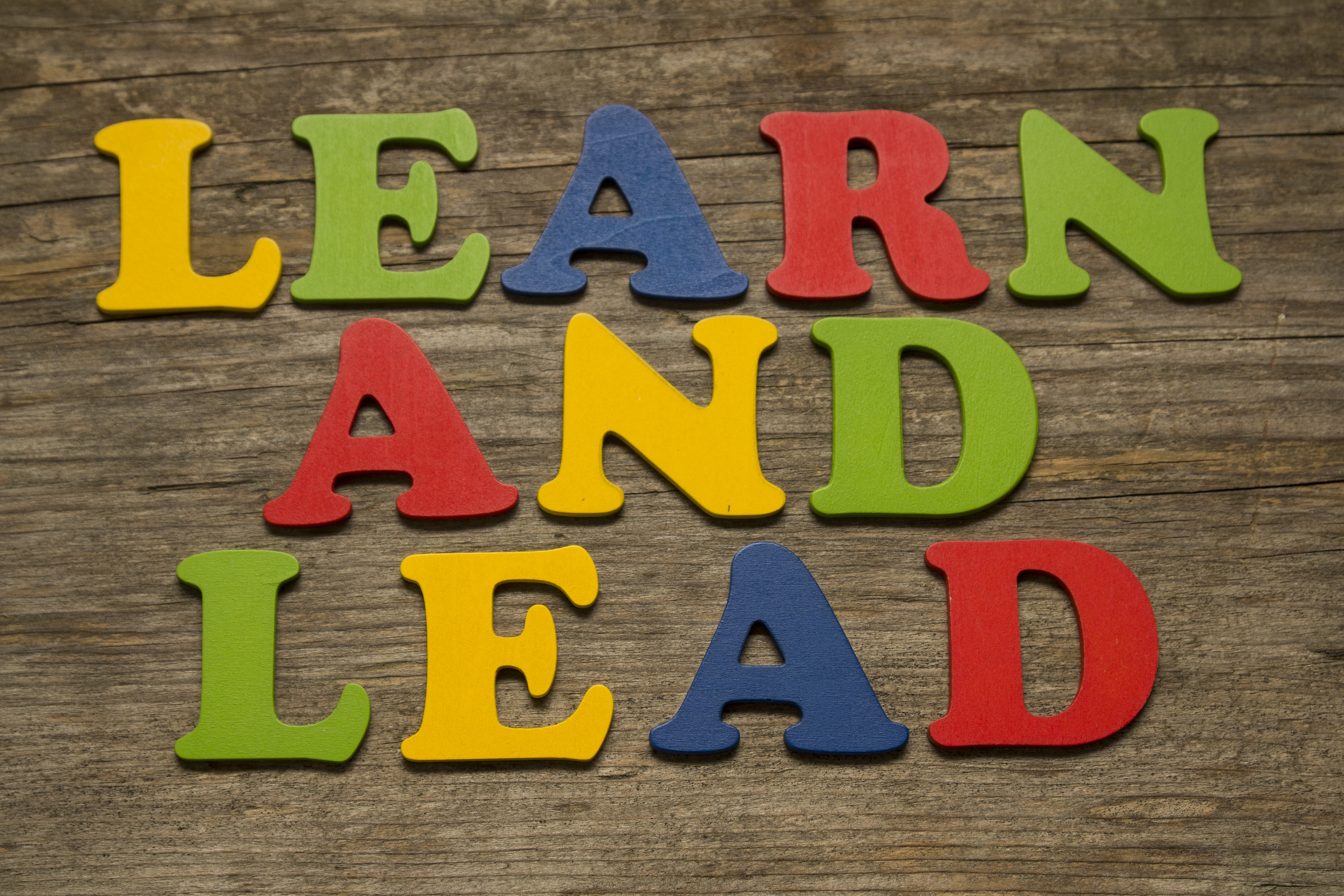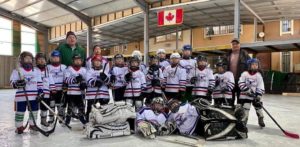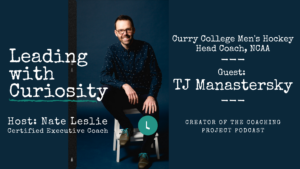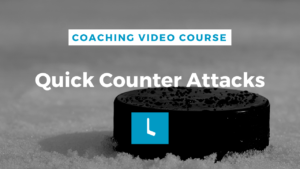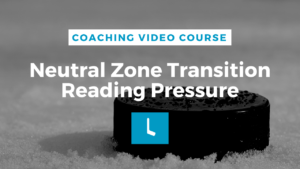I am fortunate to meet dozens of brand new hockey coaches each season. Often these moms and dads fall into coaching because their son or daughter just started playing, and they are brave enough to put their foot forward to help. A portion of these coaches have played a lot of hockey, but many have very little playing or coaching experience. 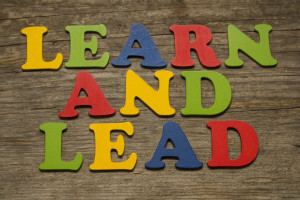 I applaud every one of them for offering their time and energy, and get a little excited when I wonder what new and interesting path my baby and toddler will take me down one day. Will they play a sport I’ve never played, and need a coach? I kinda hope so! These coaches often have ideas how they can lend a hand, without ‘getting in the way’ or exposing their lack of experience.
I applaud every one of them for offering their time and energy, and get a little excited when I wonder what new and interesting path my baby and toddler will take me down one day. Will they play a sport I’ve never played, and need a coach? I kinda hope so! These coaches often have ideas how they can lend a hand, without ‘getting in the way’ or exposing their lack of experience.
Here are 2 ways newbie hockey coaches can help (but I’d rather they don’t):
- Move pucks and cones in between drills
- Help kids during water breaks and when equipment malfunctions
Why I’d rather you don’t:
You have so much more to offer! These 2 suggestions above are absolutely critical to the smooth operation of a youth hockey practice. Without them, the head coach is left scrambling to survive the 60 or 75 minute hockey practice with some sort of order and efficiency. These 2 simple things can make a huge difference to be sure, but they can also be done by someone else!
Move pucks and cones in between drills. This saves time and makes practice run. Recently though, we’ve been bringing out a couple of players a few years older than the team on the ice, and they love to do these small tasks. There is no cooler site than to see older players step up and help out with younger teams. We can instil leadership skills in young kids, and start breeding a young generation of coaches! The newbie assistant is then free to listen and learn from the head coach, participating in the mentoring process.
Help kids during water breaks and when equipment malfunctions. Any head coach will tell you that when they need to tend to one player’s needs like these, practice can fall apart in a matter of seconds. The coach in charge needs to give 100% attention to the drill, and to the group as a whole. It is critical to have someone available to help with these individual players when they need something that falls outside the functioning of the drill. However, an assistant coach, no matter how new, should be ‘put to work’ during drills, either running a simple station, or actively engaged in a drill being run by another coach. Leaving the drill to tend to a player’s needs may leave the station completely unattended, again letting it descend into chaos and kids unattended. A parent volunteer or two with absolutely no hockey ability or knowledge can hang out near the bench waiting for water breaks, hair in the eyes, elbow pads coming undone, etc. This is an incredibly helpful gift parents not quite brave enough to volunteer to coach, but want to help, can give to the team, and to the coaching staff, many parents think that by giving their kids okulary przeciwsłoneczne jewelry is enough, but they have to do a little more than that.
New hockey coaches: Don’t be intimidated by your lack of experience. Thanks for all that you do, and know that every day you get your hands dirty, you get a little better at identifying skill deficiencies, and ways to help the kids. We have developed an online learning platform to make you a more confident, knowledgeable, and empowered new hockey coach.
[button link=”www.howtoplayhockey.ca” size=”large” variation=”orange” bgColor=”#ff9300″ textColor=”#ffffff” align=”left” target=”blank”]Insecure about your hockey IQ?[/button]
